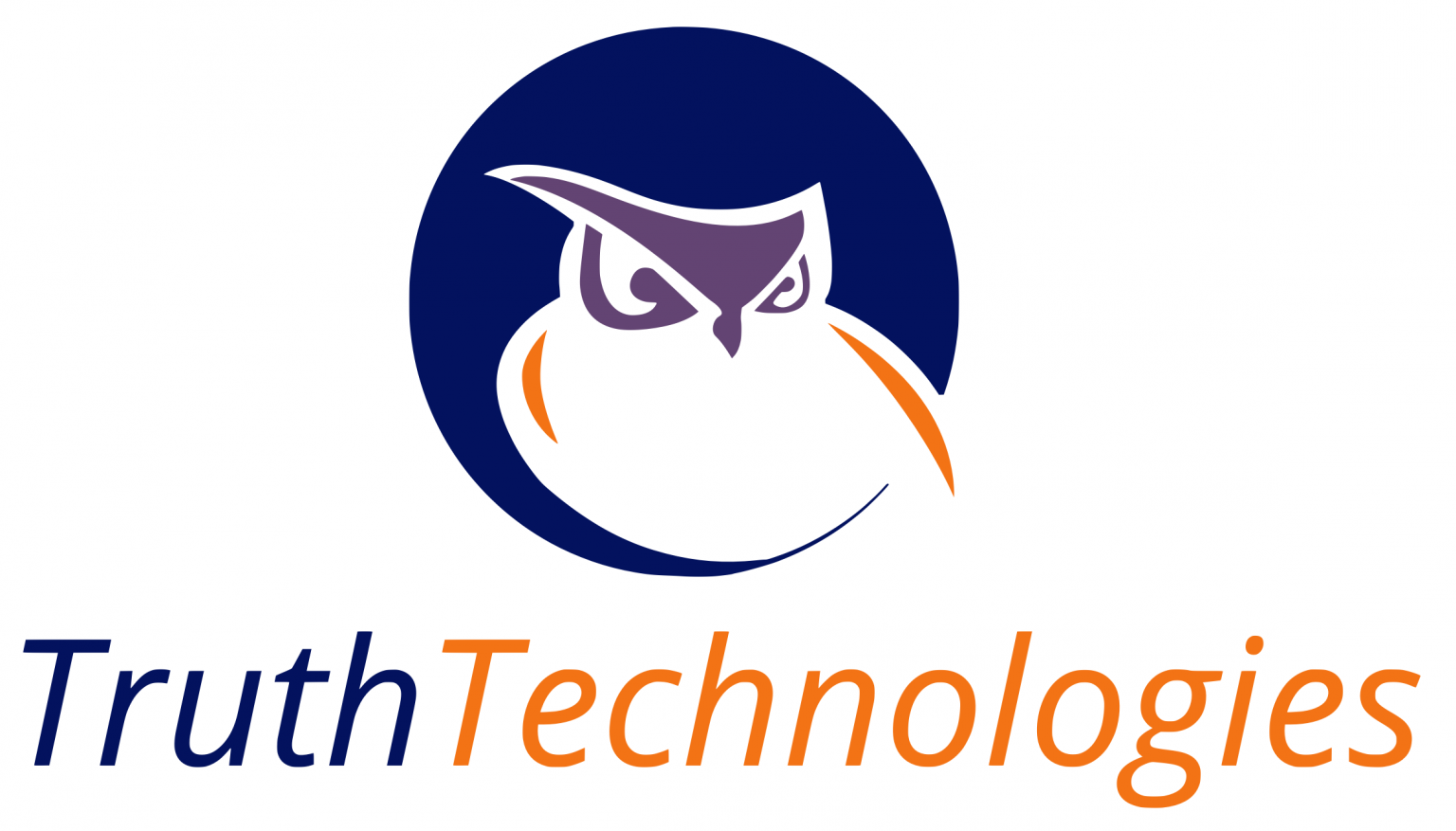High Risk Corporations
High Risk Corporations are organizations that face an elevated level of financial, operational, or strategic risk. These risks can stem from various sources and can significantly impact the company’s ability to achieve its objectives and maintain financial stability.
The need for compliance in high Risk Corporations
Insurance has been one of the backbones of a stable economy for centuries, protecting people from catastrophes that could drain their financial health overnight. Unfortunately, over the years, insurance has also been a major target of money launderers. Because technology has changed the way insurance operates, it provides new doors for illegal activities, including money laundering.
When someone commits money laundering, they take dirty money and pass it through several layers in an effort to “clean” it. The clean money and dirty money intermingle, often becoming indistinguishable. While insurance fraud and other crimes might be more common in this industry, money laundering is still a serious threat.
Truth Technologies has established itself as a global risk compliance platform in the insurance space. Truth Technologies is committed to guarding businesses all over the world, including insurance companies, against money laundering activities. Learn more about how we can help you stop and prevent money laundering in the insurance space.
AML Monitoring
Anti-Money Laundering (AML) monitoring is particularly crucial in high-risk corporations due to the elevated risk factors associated with these businesses. Here are some key reasons why there is a need for AML monitoring in high-risk corporations:
- Regulatory Compliance: High-risk corporations are often subject to more stringent regulatory requirements and scrutiny. AML laws and regulations require businesses to implement monitoring systems to detect and report suspicious financial transactions. Failure to comply can lead to severe legal and financial consequences.
- Fraud Prevention: AML monitoring is not limited to money laundering; it also helps in detecting and preventing various forms of fraud. High-risk corporations are more likely to be targeted by fraudsters, making fraud prevention a critical concern.
- Customer and Transaction Profiling: AML monitoring helps in creating profiles of customer and transaction behaviors, enabling the identification of unusual patterns that may be indicative of financial crime.
- Comprehensive Reporting: High-risk corporations must maintain thorough records and reports for regulatory purposes. AML monitoring systems generate documentation that demonstrates compliance with AML regulations.
In summary, AML monitoring is essential for high-risk corporations to meet legal requirements, prevent financial crimes, and minimize the risk associated with their operations. It provides a structured and systematic approach to identifying and addressing suspicious financial activities, which is especially important for businesses with a higher likelihood of encountering financial risks.

Adverse media screening
Money laundering activities take place in insurance because the industry is vulnerable to these activities. Some of the reasons why include:
- Large Sums of Money are Normal: In the insurance business, large sums of money are handled on a daily basis. Between large claims, huge policies, and investment accounts, it is easy for someone to dismiss large financial movements as normal.
- The Diversity of the Industry: The insurance sector handles numerous types of financial protection. This includes life insurance, health insurance, property insurance, and even vacation insurance. This makes it hard for someone to detect illegal activity.
- Sudden Shifts: In the insurance industry, it is not unusual to have large, sudden financial transactions. Large claims might be paid out suddenly followed by several months of zero activity. This is the life of the insurance industry, so nobody thinks this type of activity is abnormal.
The insurance sector is a large, diverse, and wealthy place. This makes the sector prone to money laundering.
Peps and sanctions
The Department of the Treasury and Financial Crimes Enforcement Networks requires insurance companies to have an anti-money laundering program in place. Insurance companies are defined as a “financial institution” under the Bank Secrecy Act. This places several regulations on insurance companies. These include:
- First, any transaction of $10,000 or more needs to be reported by filing an IRS 8300 form.
- Insurance companies are required to fill out a currency transaction report (CTR) with the Financial Crimes Enforcement Network (FinCEN) including a bank account number, name, address, and social security numbers when required
- A suspicious activity report (SAR) must be filled out whenever a transaction takes place that appears to be in avoidance of a CTR or if the transaction appears to be abnormal for the customer
- Insurance companies must keep a monetary instrument log that includes cash purchases of monetary instruments for at least five years
Any insurance company that fails to fill out these forms when required to do so faces heavy penalties from the US government. These regulations have been put in place to reduce the frequency of money laundering.
Red Flags for Money Laundering in Insurance
In the insurance sector, there are a few red flags that might indicate money laundering is taking place. Some examples include:
- The individual tries to buy multiple insurance policies to cover the same asset
- The customer has assets that appear to be abnormal for his or her financial standing
- A customer files a claim shortly after purchasing a policy to cover an asset
- A customer appears to be shifting assets between multiple investment accounts without any apparent purpose
If money laundering is occurring, there are a few steps an insurance company can take to protect itself

With Sentinel, we provide robust Know Your Customer (KYC) services to all of our clients, including the insurance industry. Our goal is to protect you against individuals and entities who may try to take advantage of your operations to commit financial crimes. We will diligently vet every customer, client, and business partner to reduce your risk and protect your business. Rely on advanced KYC capabilities from Sentinel to protect your interests in the insurance industry.
Increase Security with Truth Technologies Today
If you would like to learn more about how we can guard your insurance company against money laundering, please contact us today. We offer free tool demos that allow you to learn more about enhanced due diligence and AML screening. Rely on TTI to protect you against money laundering.
